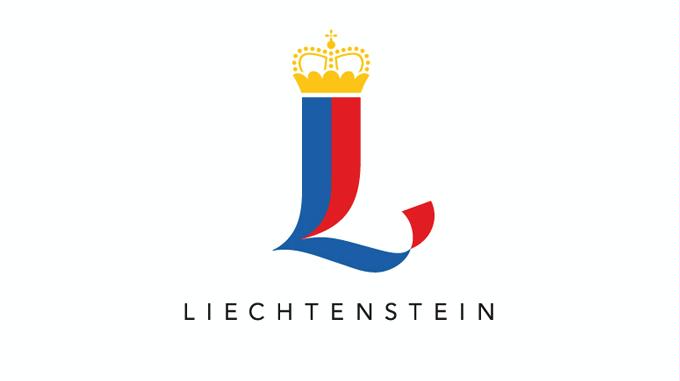The Principality of Liechtenstein was established within the Holy Roman Empire in 1719. Occupied by both French and Russian troops during the Napoleonic Wars, it became a sovereign state in 1806 and joined the Germanic Confederation in 1815. Liechtenstein became fully independent in 1866 when the Confederation dissolved. Until the end of World War I, it was closely tied to Austria, but the economic devastation caused by that conflict forced Liechtenstein to enter into a customs and monetary union with Switzerland. Since World War II (in which Liechtenstein remained neutral), the country's low taxes have spurred outstanding economic growth. In 2000, shortcomings in banking regulatory oversight resulted in concerns about the use of financial institutions for money laundering. However, Liechtenstein implemented anti-money laundering legislation and a Mutual Legal Assistance Treaty with the US that went into effect in 2003.
Liechtenstein is a constitutional monarchy.
Source: CIA World Factbook
Members:
Resources
Displaying 1 - 5 of 29Act amending the Building Act.
The present Act introduces some amendments to the Building Act of 11 December 2008. In particular, the Act amends article 66 dealing with innovative snow makers and snow making facilities. The article establishes that snowmaking may only be carried out on frozen ground and operation of the system must not result in excessive or negligible interference with neighbors. Chemical and biological additives are prohibited. The operation of the snowmaking system must not interfere with the ecology and water balance, especially with regard to water supply.
Ordinance amending the Land Transaction Ordinance.
The present Act introduces some amendments to the Land Transaction Act of 9 December 1992. In particular, the Act amends, inter alia, article 4 establishing that the valuation of rights to land in Liechtenstein and of other assets situated in Liechtenstein is determined by the market value and the provisions of valuation legislation. The text consists of 3 articles.
Amends: Land Transaction Ordinance. (2013)
Act amending the Building Act.
The present Act introduces some amendments to the Building Act of 11 December 2008. In particular, the Act amends article 51 establishing that provided that the safety and exposure are ensured and the adjacent stocking is not impaired by the structural measures, the building authority can grant a forest distance reduced to 7.00 m. Article 66, paragraph is repealed.
Amends: Building Ordinance. (2012)
Land Registration Ordinance.
The present Ordinance shall cover: a) the organization of the Land Register; b) the structure, content and legal effects of the Land Register; c) electronic commerce with the Office of Justice; d) the procedure for the registration, modification and deletion of rights in remnants of immovable property as well as of reservations and remarks; e) the distribution of information and the inspection of the Land Register.
Ordinance amending the Soil Improvement Ordinance.
The present Ordinance introduces some amendments to the Soil Improvement Ordinance of 29 September 2009. In particular, the Ordinance amends article 3 establishing that a site-fixed facility for the abstraction of irrigation water from surface waters or ground water is considered to be eligible for funding within the meaning of this Ordinance, provided that a concession pursuant to the Water Rights Act is available.
Amends: Soil Improvement Ordinance. (2012)


